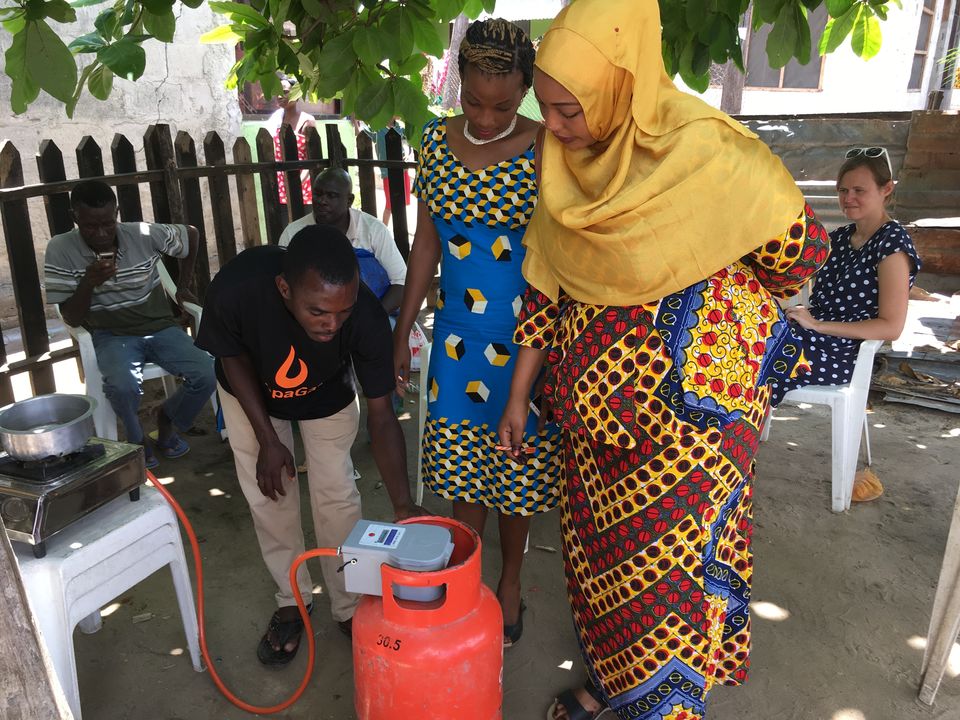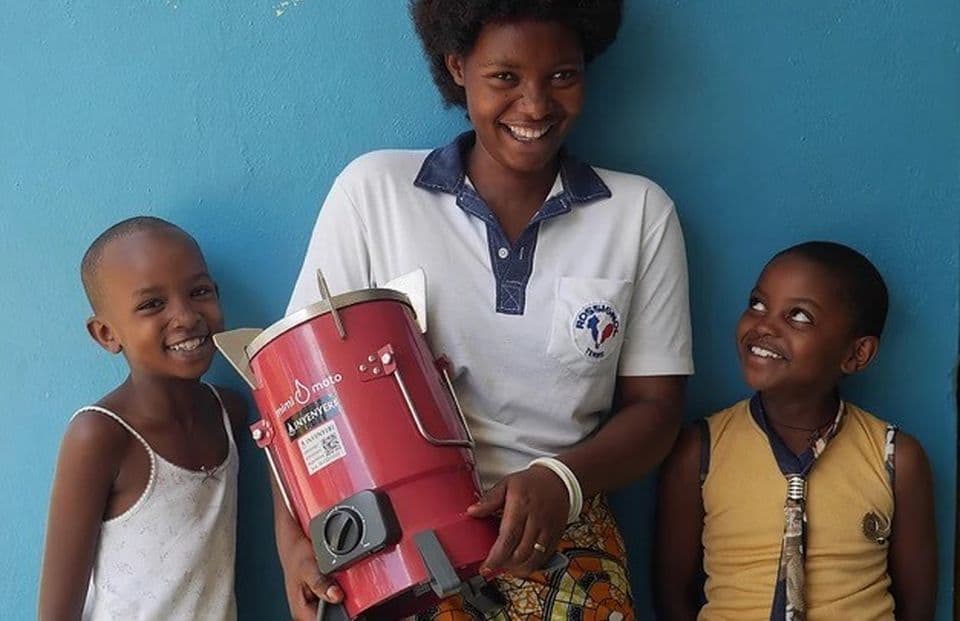First, we invite you to follow the life of a doctor in Chhattisgarh, India. Until now, most public health centres in the state had no reliable source of power, which meant that electricity and lighting were unpredictable. The majority of local health care centres were having to deliver babies in the dark and emergency patients were having to travel for hours to reach hospitals with back-up generators. Doctors would even walk around with an emergency candle in their front shirt pocket in case of a power cut. Because of the forests that cover most of the state, grid connectivity is difficult and expensive.
The local government launched a pioneering scheme to fund solar power to all local primary health centres, working closely with the health and education departments to get buy-in.
Chhattisgarh State Renewable Energy Development Agency (CREDA) install and operate solar PV systems in rural health centres in the state. With renewable energy installed, they now have an affordable, reliable source of electricity. Public Health Centres (PHCs) are now able to deliver up to four times as many babies per month and post-birth, babies can be kept warm with heaters, mothers cool with fans. Fridges and freezers can be kept at a stable temperature, which is vital in safely storing and transporting vaccinations, and reducing vaccine waste. The hospitals and pharmacies now have reliable internet connection and can order vaccines and prescriptions online.
The overall reliability of the service has given people more confidence in their healthcare system. Not only that, but CREDA have provided other states in India with a successful, replicable model.

Sure Chill are also keeping things cool by distributing solar vaccine refrigerators to 46 countries. These are ideal for use in off-grid areas and in emergencies where power is unreliable. Their design requires no battery and needs only four hours of solar-powered electricity a day to maintain a safe temperature. Their unique combination of temperature stability and uninterrupted cooling means that vaccines are stored safely. By protecting vaccines, they are saving lives and preventing unnecessary disease and illness in both children and adults.
We Care Solar is lighting up maternity wards, improving healthcare conditions and saving lives during childbirth through access to basic electrification. Their 2,800 ‘solar suitcases’ include medical lights, medical devices like foetal monitors and charging capability. These have been installed in last-mile off-grid health clinics in over 20 countries including Uganda, Tanzania, Ethiopia, Nigeria, The Gambia, Liberia, Nepal and the Philippines,
Installing solar PV can be an expensive undertaking. Through a “power purchase agreement” model, SunFarmer is working with health clinics, hospitals and birth centres to make PV more affordable to those who can’t pay the upfront costs.


26 Jun | News
Announcing our keynote speaker…
Read more
Healthy lives and well-being can be safeguarded not only with improved access to health care, but also within the home. Clean cookstoves make vast improvements to home life, especially with women, who tend to do the majority of the cooking in developing countries. Indoor air pollution is reduced, the time it takes to collect firewood is saved, and deforestation is prevented.
On our longlist this year, we have several organisations providing cookstoves to promote healthier and safer cooking by putting an end to indoor air pollution. From providing rigorous, scientific and field-based testing and monitoring to distributing liquified petroleum gas (LPG), alcohol fuels, and biomass stoves to ensure clean, safe and efficient cooking, our longlist shows how much of an improvement clean cooking can have on lives in the developing world.

